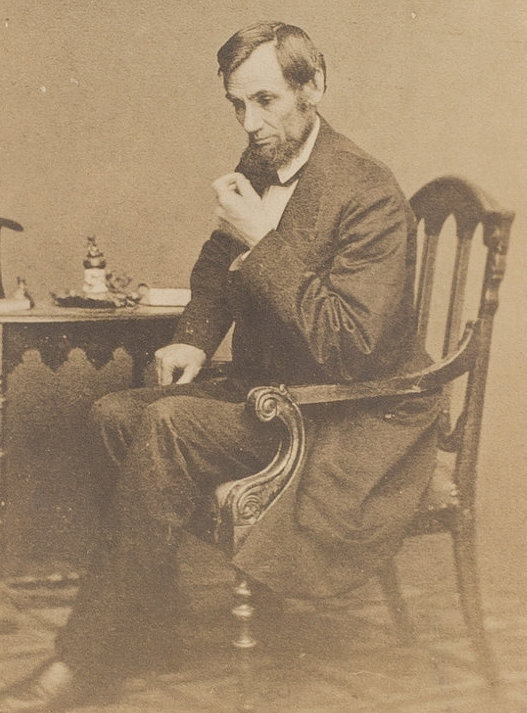
By Jim O’Neal
No matter where you stand on the current controversy over the Supreme Court nomination process, it’s almost a certainty that irrespective of the outcome, you haven’t changed your opinion (much). There are just too many places to find others who totally agree with you and who validate your position. Technically, it’s called an “echo chamber” and we are surrounded by it.
Never fear, someone will share your viewpoint and increase your confidence level in believing that you are right … irrespective of what others think.
The 24/7 cable news business model was built on this premise and increased eyeballs, resulting in higher ratings, which drive higher advertising rates. They probably caught on from analyzing newspapers, who learned early that good news doesn’t sell as well, just as their street vendors learned that shouting “Read all about it (fill in the blank)” sold newspapers. Living in the U.K. for five years finally broke my habit, but it was mostly sensory overload from all the tabloids rather than my preference for a juicy story, regardless of the topic.
People who study the echo chamber have been writing about the increase in “tribalism,” in the sense that people are actually moving to communities, joining clubs and sharing social media with like-minded people at an accelerating rate. I suppose this will continue, but I haven’t found a tribe that will have me. In fact, quite the opposite, since I much prefer hearing a broadly diverse spectrum of ideas.
I relish hearing opinions about climate change, gun control, border security, health care, policing our cities, the Electoral College, the Iraq War, media bias and so on … especially from smart people who have fresh ideas … instead of stale recycled talking points borrowed from others. I regularly read both The New York Times and The Wall Street Journal to get basic balance. The only line I draw is at wild conspiracies, unless they’re packaged by people who are also highly entertaining (e.g. Oliver Stone and his JFK or Platoon).
Doris Kearns Godwin’s Team of Rivals does a terrific job of explaining this concept, using the election of 1860 and how Abraham Lincoln leveraged his administration by filling three of his top Cabinet posts with his main election rivals. They became part of the solution rather than critics. In my opinion, the U.S. Congress should practice this to gain consensus rather than relying on an appellate system and the Supreme Court to shape our legal landscape.
 JIM O’NEAL is an avid collector and history buff. He is president and CEO of Frito-Lay International [retired] and earlier served as chair and CEO of PepsiCo Restaurants International [KFC Pizza Hut and Taco Bell].
JIM O’NEAL is an avid collector and history buff. He is president and CEO of Frito-Lay International [retired] and earlier served as chair and CEO of PepsiCo Restaurants International [KFC Pizza Hut and Taco Bell].
